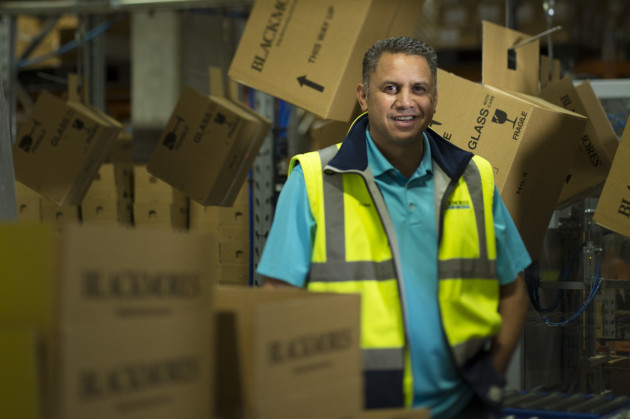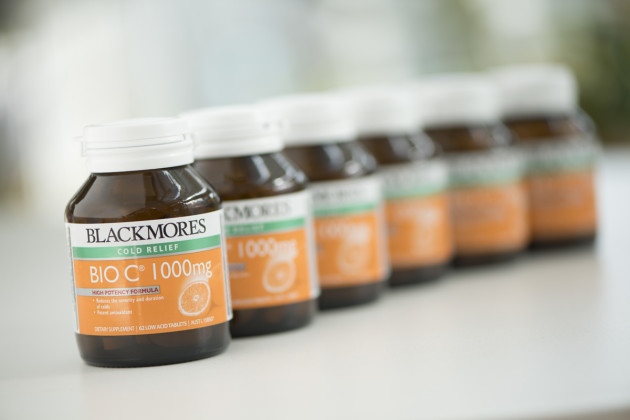A founding signatory of the Australian Packaging Covenant, natural health company Blackmores has embedded sustainability into its company objectives. It has been so successful, that this year at the Australian Packaging Covenant Awards it walked off with not only the category prize for Pharmaceutical & Personal Care (medium-sized company) but also the grand prize -- the 2016 APC Signatory of the Year.
Sustainability manager Jackie Smiles said Blackmores' environmental initiatives have included an investment in closed loop packaging, adoption of the Australian Recycling Label, and a new waste management plan at the group’s headquarters.
1. Closing the loop
Blackmores' closed loop packaging process, implemented in 2014, means primary bulk packaging components are delivered on returnable pallets and layer pads. This change was introduced gradually across six packaging variants, driving inwards delivery waste down.
“Now in its first full year of operations, the closed loop has delivered beyond expectations and while we see waste avoidance as the real winner, the processes deployed have aided line efficiencies and reduced work-related injuries,” Smiles said.
“In this time we have managed to avoid 120 metric tonnes of cardboard and paper, 10 metric tonnes of plastic wrap, and 213 kilometres of packing tape.
“The process has also improved efficiencies while reducing the potential for repetitive injuries. One activity saw a reduction in activity time from 120 seconds to 20 seconds.”
2. Evidence-based labelling
Late last year, Blackmores adopted the standardised Planet Ark Australian Recycling Label (ARL) on its products. This evidence-based labelling involved providing clear instructions to consumers about how to dispose of each component of an item of packaging to reduce the consumer confusion about packaging recyclability, increasing recycling rates, and lowering levels of contamination.
“As an ARL participant we now draw on validated information within the ARL Prep assessment tool to confirm consumer messaging about the recycling features of our packaging materials,” Smiles said.
“We believe this initiative makes end-of-life waste decisions easier and consequently increases Australia’s recycling rate while reducing litter.”
3. A better waste plan
Also last year, the company implemented a waste management plan to improve the handling and sorting of waste generated at the group’s headquarters at Warriewood NSW. It began sending general waste to a bioreactor, and comingled material to a material recovery facility.
“We installed a compactor and our cardboard and paper is now crushed, and plastic wrap balled, with a rebate provided per tonnage,” Smiles said.
“Our improved waste stream management resulted in the amount of waste diverted from landfill increasing from 43 per cent to 71 per cent.”
Future goals
While Blackmores' commitment to the APC extends across its entire business, its focus has mainly been on the Warriewood site until now.
“Going forward, we aim to implement our learnings from our sustainable packaging initiatives across the broader business, focusing on our BioCeuticals office and its packaging,” Smiles said.









